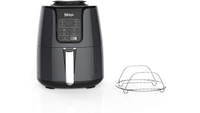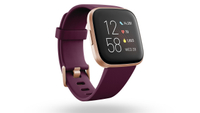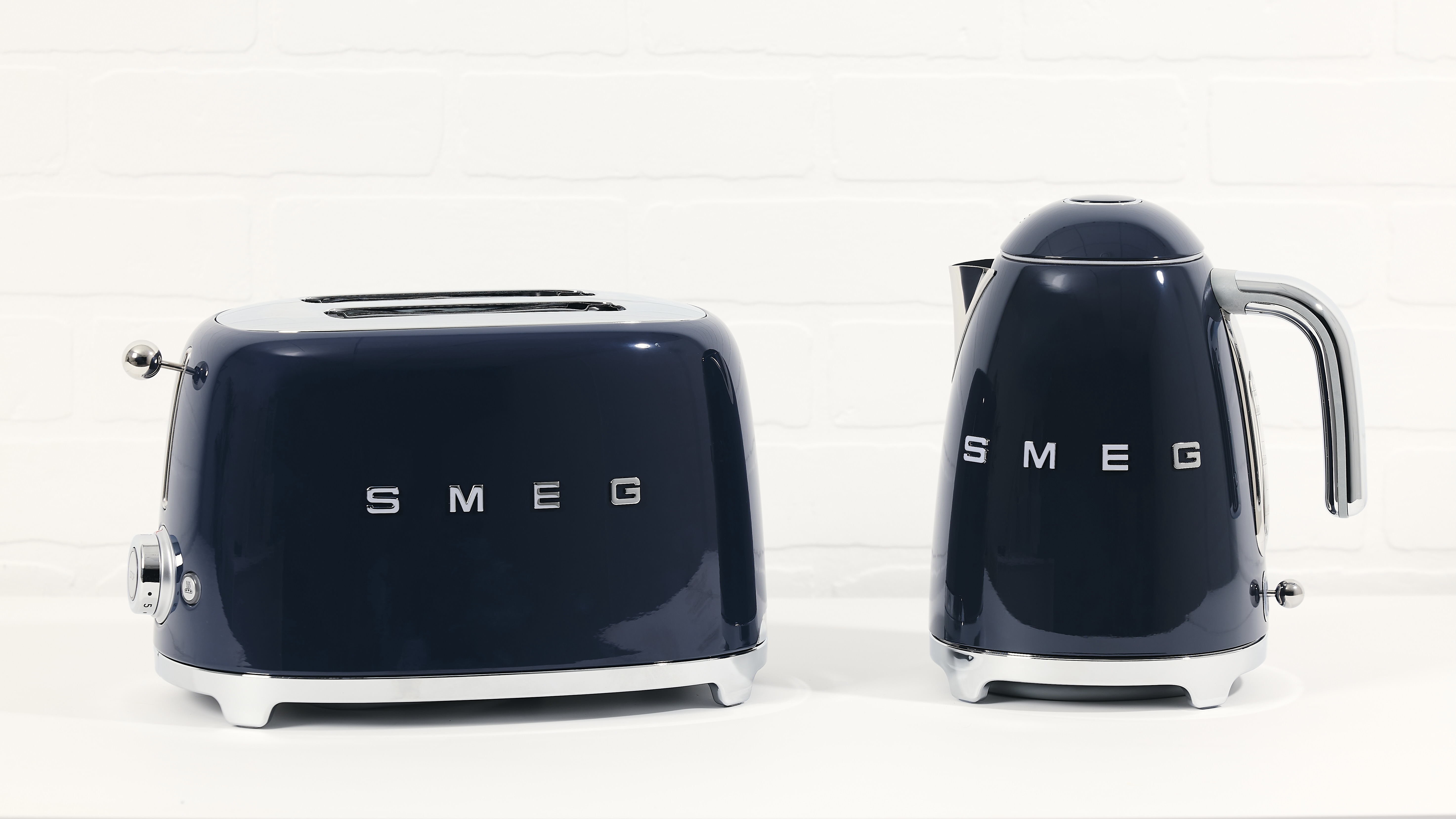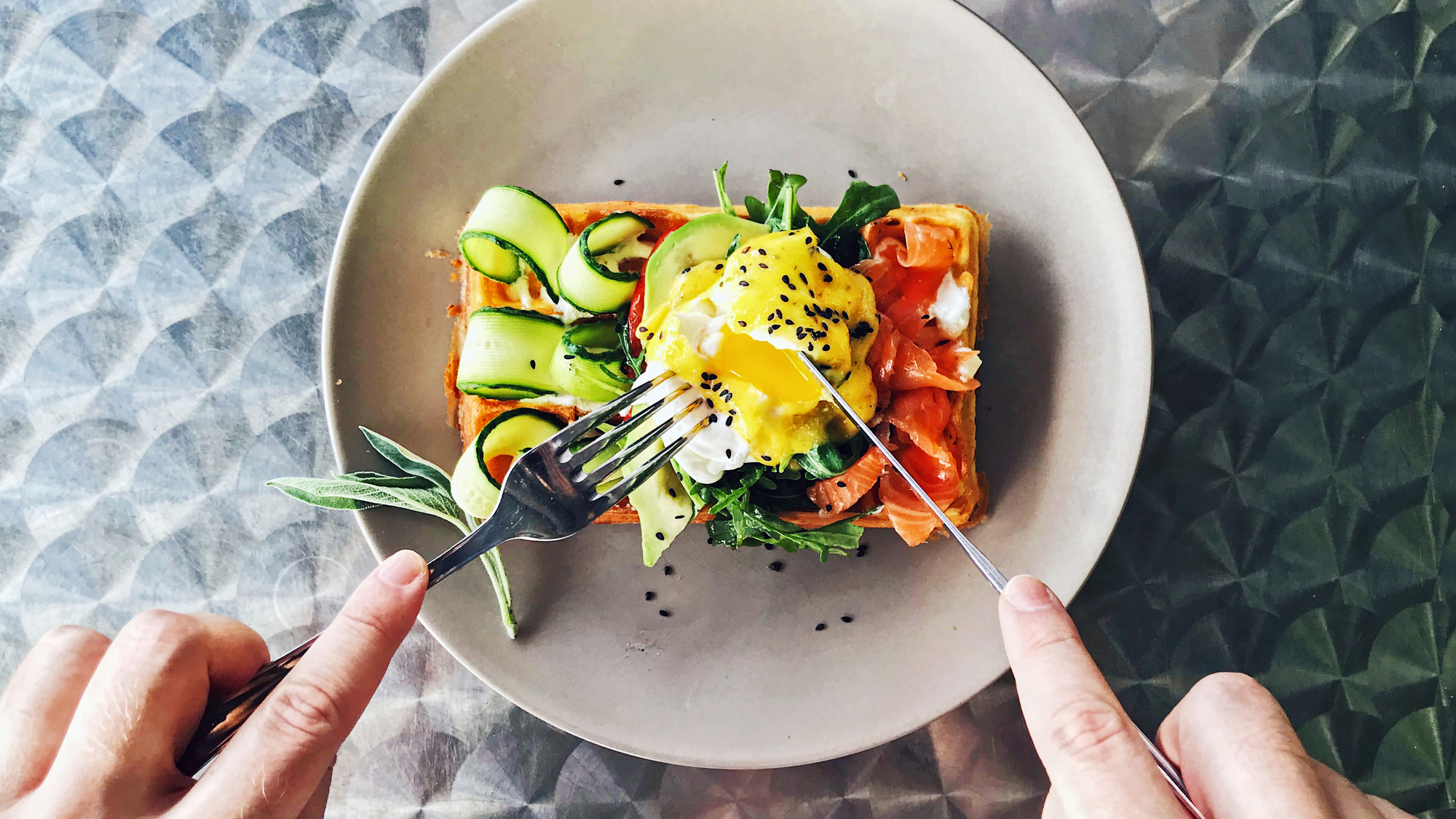

'How to avoid weight gain at home' is a question many of us are asking ourselves right now. With a second lockdown already happening in many countries, keeping the waistline from increasing even further will be more and more difficult for many. Getting hold of the best home gym equipment is still a bit tricky but even without those, you can boost metabolism and keep weight gain at bay with the blow weight loss tips.
• Best type of exercise for quick weight loss, according to research
Managing your weight is beneficial for both your physical and mental wellbeing. With a few simple tricks and lifestyle adjustments, you can make sure the pounds stay off and who knows, you might even shed a few kilos in the process. The fact is, the best way to lose belly fat is to pay close attention to your diet. Not surprisingly, the best way to get a six pack is to eat right (and, to some degree, to workout). And make sure you avoid these 5 types of food too if you don't want to gain weight.
The tips below can be used on their own or you can even combine them as you see fit. Very important, however, is not to overdo it and do vigorous exercising while not eating much at all. That is just plain dangerous and can get you injured in no time. Be sensible and if you had any issues with obesity before or are really unfit, consider talking to a health professional before you implement any drastic changes in your lifestyle.
- Best fat burning foods to help you lose weight and keep it off easier
- Want to know how to lose weight at home? Cutting this ONE item out of your diet will help
- 12-minutes boxing full body workout
How to avoid weight gain at home
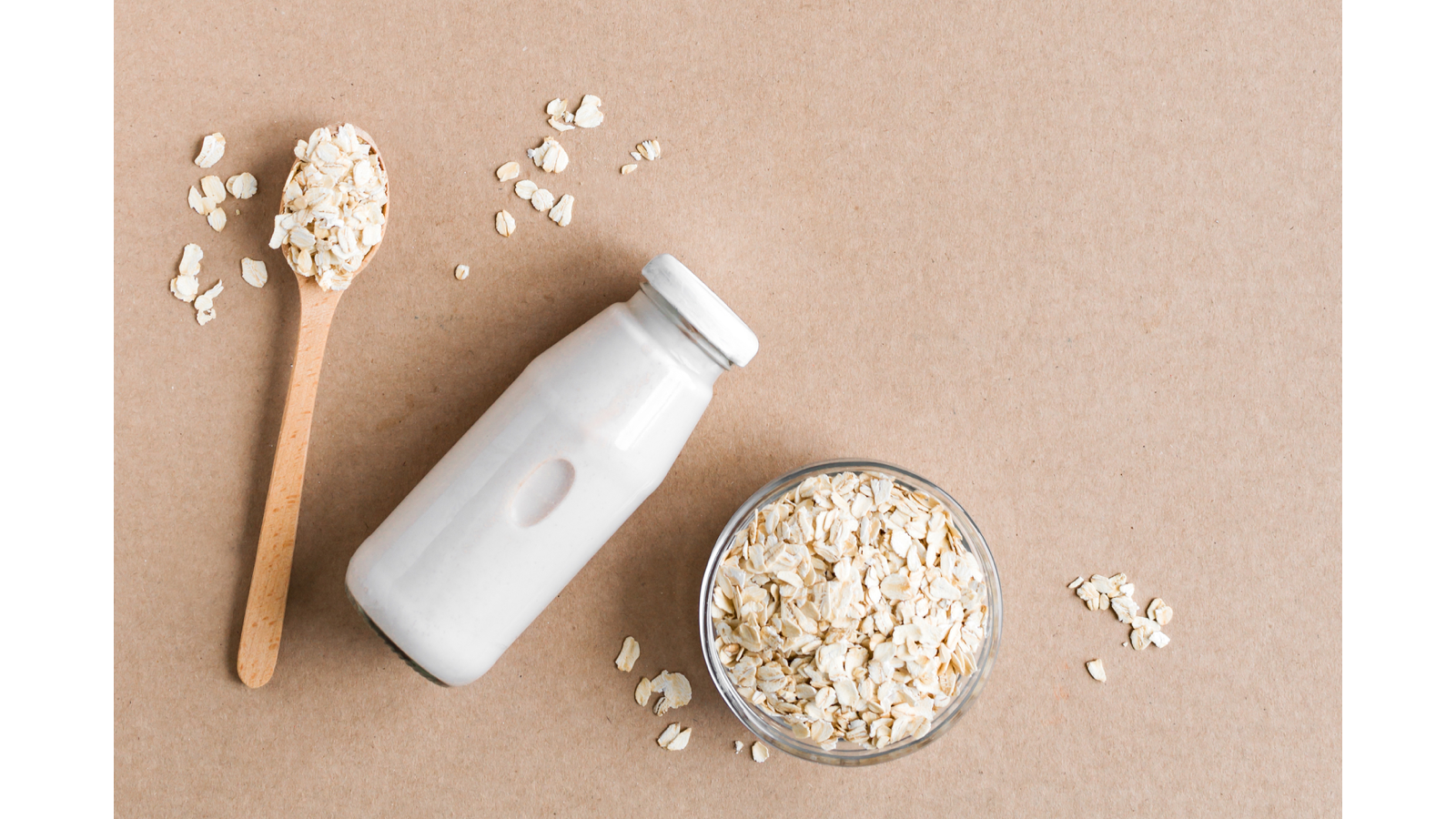
Tip #1: manage your calorie intake
It's really not rocket science: if you don't want to out on weight, you have to stop eating more than your body needs. Even if before the mandatory isolation you have been living a relative sedentary lifestyle, being indoors for 99% of time means you are burning less calories than you used to. And this means you should eat less to adjust to this new lifestyle.
Of course, you can offset the lack of outdoor exercising with indoor exercising but there are other ways to keep the waist slim that doesn't involve gruelling physical activity. And the best of them all is to be more mindful about how and what you eat.
Without trying to convert anybody to mindfulness and being present, try stopping for a second anytime before you raid your cupboard for some food. Ask yourself the question: am I hungry or just bored? Was there anything I was supposed to do before I decided to eat? Something I had to deal with? Unhealthy eating habits often stem from procrastination and us not wanting to deal with the task at hand.
Sign up to the T3 newsletter for smarter living straight to your inbox
Get all the latest news, reviews, deals and buying guides on gorgeous tech, home and active products from the T3 experts
If you are a big fan of fried food, one obvious way to reduce calorie and fat intake is to get one a best air fryer. Air fried food isn't necessarily as delicious as deep- or even shallow-fried, but it does retain a fried/roasted taste and mouth-feel whilst using as little as a tenth of the fat of frying or roasting. We know they're in demand right now, cos they keep selling out.
Ninja Air Fryer that Cooks, Crisps and Dehydrates, with 4 Quart Capacity | On sale for $99.99 | Was $129.99 | You save $30 at Amazon
Air fry with 'up to 75 percent less fat' than traditional frying methods. The Ninja Air Fryer has a wide temperature range of 105-400 degrees Fahrenheit that allows you to gently remove moisture from foods or quickly cook and crisp foods, should you want to. Now Under $100 at Amazon!
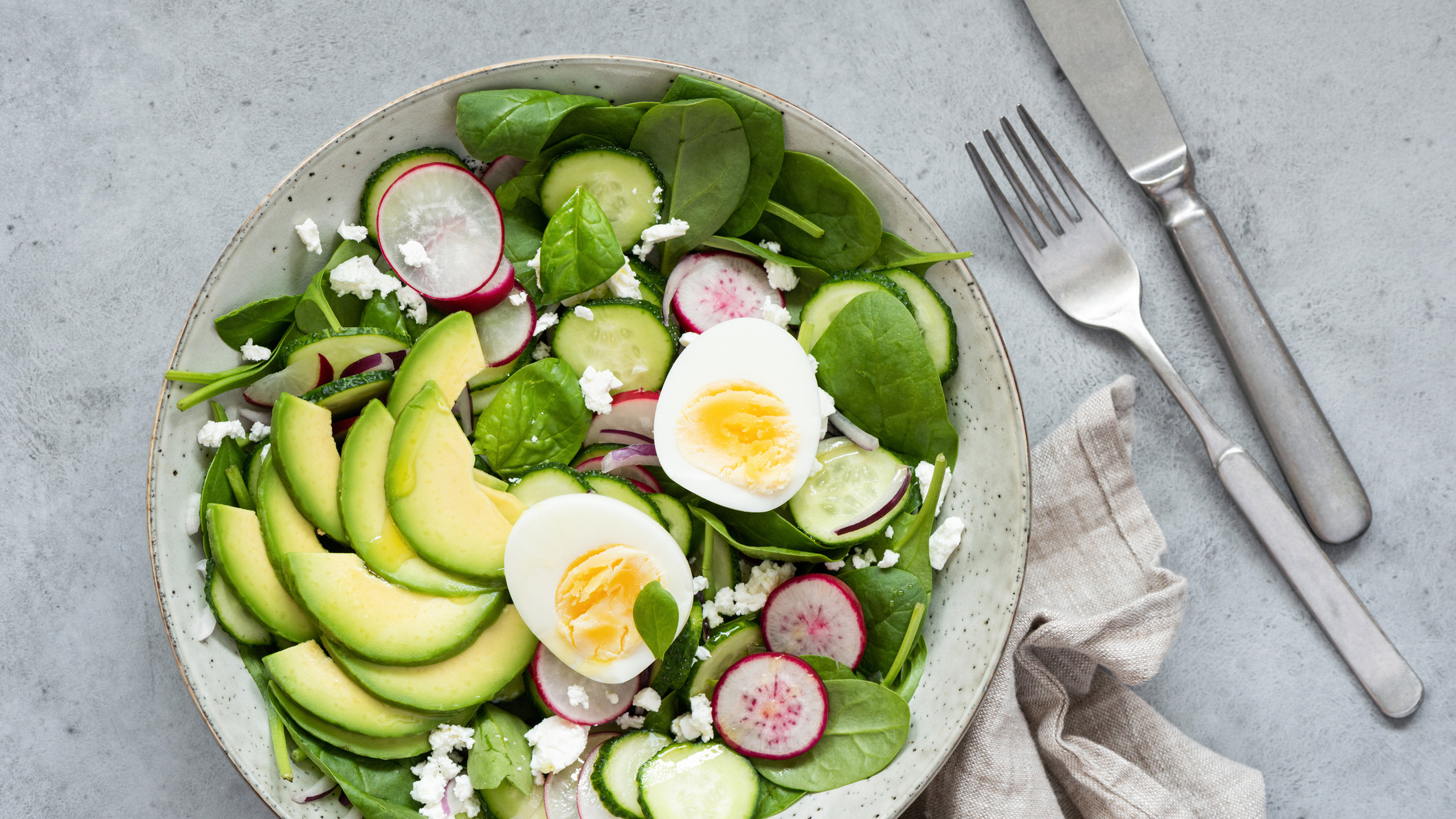
Another way to to eat less is to face how much we eat in general. Considering the amount of processed food we eat, it's easy to count the amount of calories
and macronutrients (lipids[fat]/carbs/protein) we consume by using apps that scan barcodes of food items and does the adding up for us.
The best known of these apps is MyFitnessPal, but there are many other apps that can do the same thing. Garmin watches can integrate with it o you can see calories consumed vs calories burned on your wrist. Fitbit does a similar thing with its Fitbit Premium service.
By realising just how many calories are in certain food items we eat, we can make more educated decisions about snacking in the future. Can you eat a box of Jaffa cakes in one sitting? That's 450 'bad' calories consumed and to burn it off, you would have to do an hour of HIIT workouts. Which you probably won't.
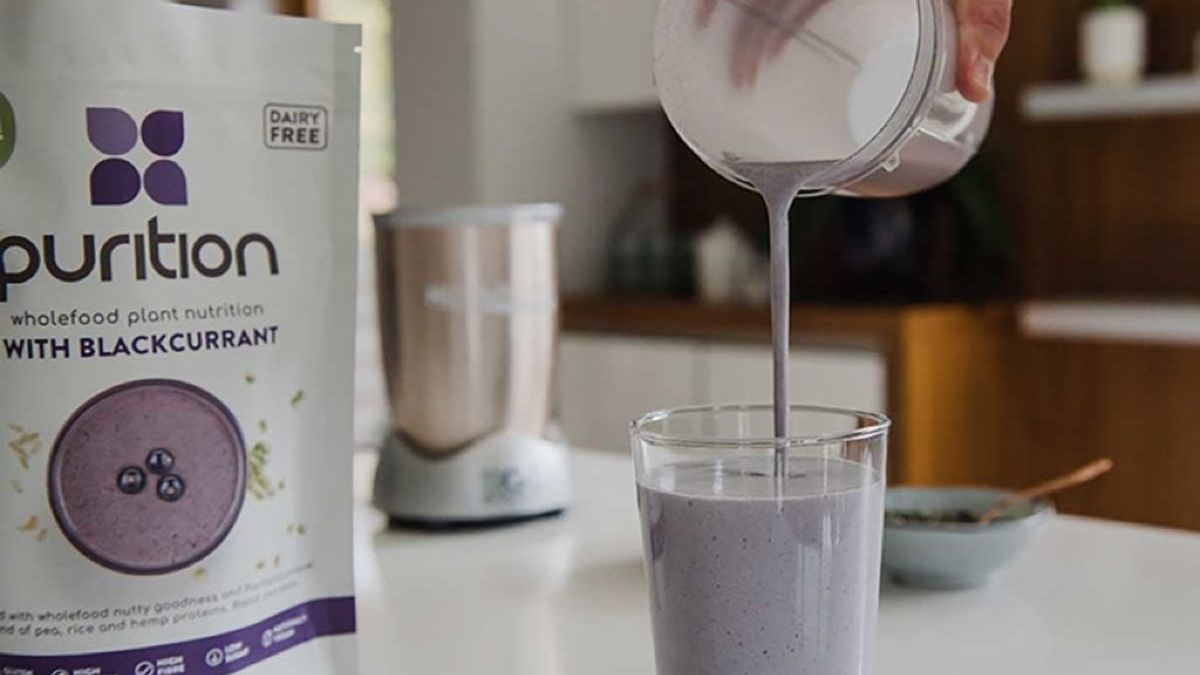
Tip #2: swap carbs to protein
A 2012 research called "Dietary intakes associated with successful weight loss and maintenance during the Weight Loss Maintenance Trial" came to the following conclusion: "participants who substituted protein for fat lost, on average, 0.33 kg per 6-months during Phase I and 0.07 kg per 6-months during Phase II per 1% increase in protein." Also, "increased intake of fruits and vegetables was associated with weight loss in Phases I and II: 0.29 kg per 6-months and 0.04 kg per 6-months, respectively, per 1-serving increase."
'Phase I' referred to an initial 6 month weight loss phase, while 'Phase II' 30-month weight loss maintenance phase. As always, though, we recommend taking these results with a pinch of salt. We are not questioning the validity of the research – it was a long-term randomised controlled trial – but we also don't recommend getting rid of all the fat from your diet.
However, adding more protein to your diet can curb hunger by making you feel fuller. As well as that, since our bodies haven't got protein reserves, swapping out some bad carbs and fats to protein could help you lose weight and keep it off. Controlling energy intake wouldn't hurt either.
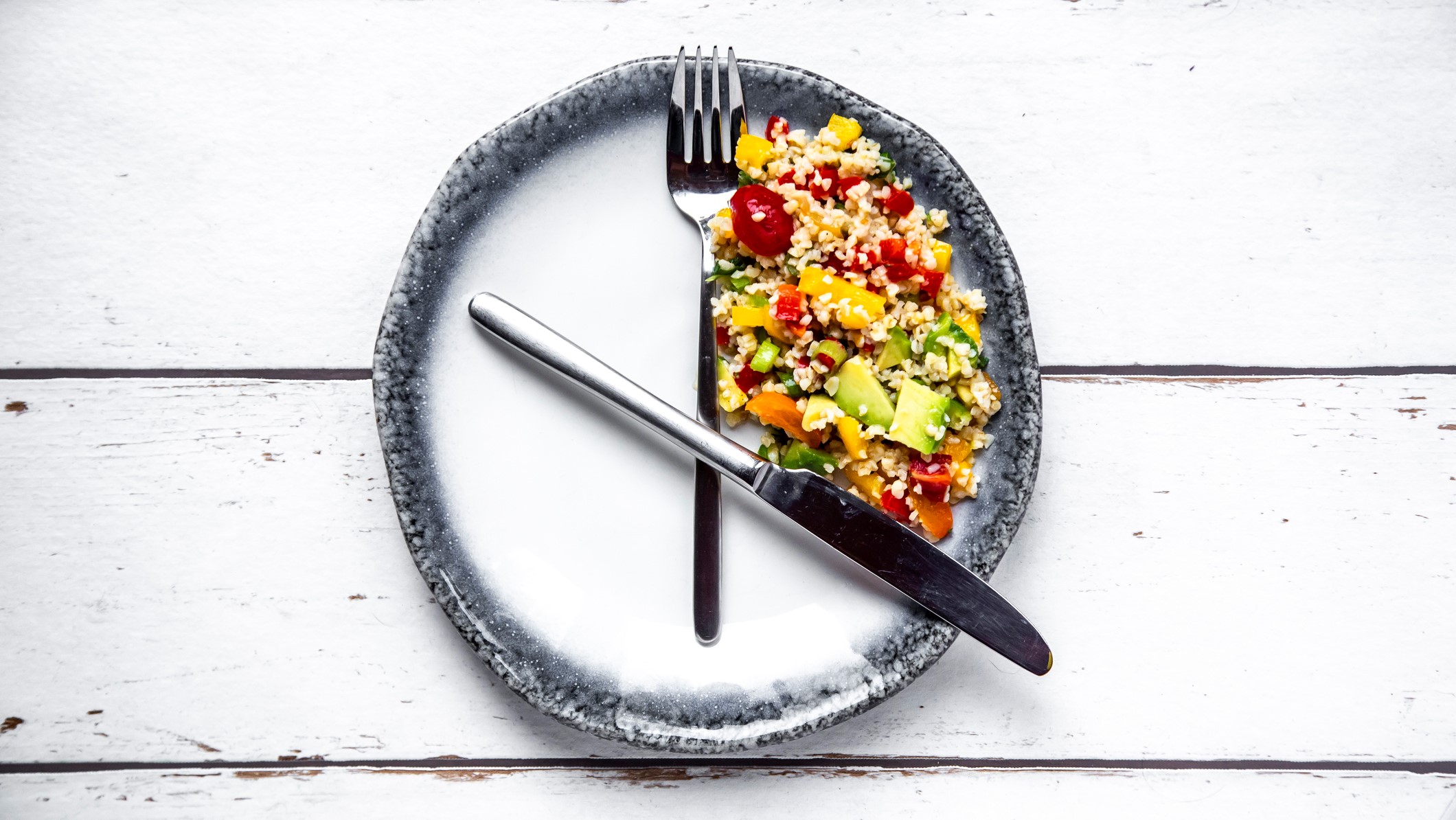
Tip #3: try intermittent fasting
Even if you don't want to swap out Mars bars for kale and broccoli, you can drastically reduce calorie consumption by only eating in a certain time-window a day. Probably the most popular way is to do intermittent fasting. There are two ways to go about it: either the 5:2 diet or the 16:8 fast diet.
With the 5:2 diet, you restrict calorie intake for two days a week, down to 700-800 calories, while for the rest of the weeks you eat normally. The 16:8 diet is a daily fast, where you eat only in an 8-hour window. With the latter, the most convenient way is to fast while you sleep: have your last meal at around 8 pm, and have the next one at 12 pm the next day. This way, you sleep through most of the fats, making it super easy to do so. Well, somewhat easier anyway.
Wild West Original Jerky, 12 x 35g bags | £21 at Amazon
For a calorie-dense but nutritious snack, nothing beats jerky or biltong – cured meat snacks high in protein. This Wild West Original comes in handy 35g bags, to keep yourself fuller for longer. It's packed full of protein to help build muscle after a workout (13.2g per pack, to be precise), and is gluten free.
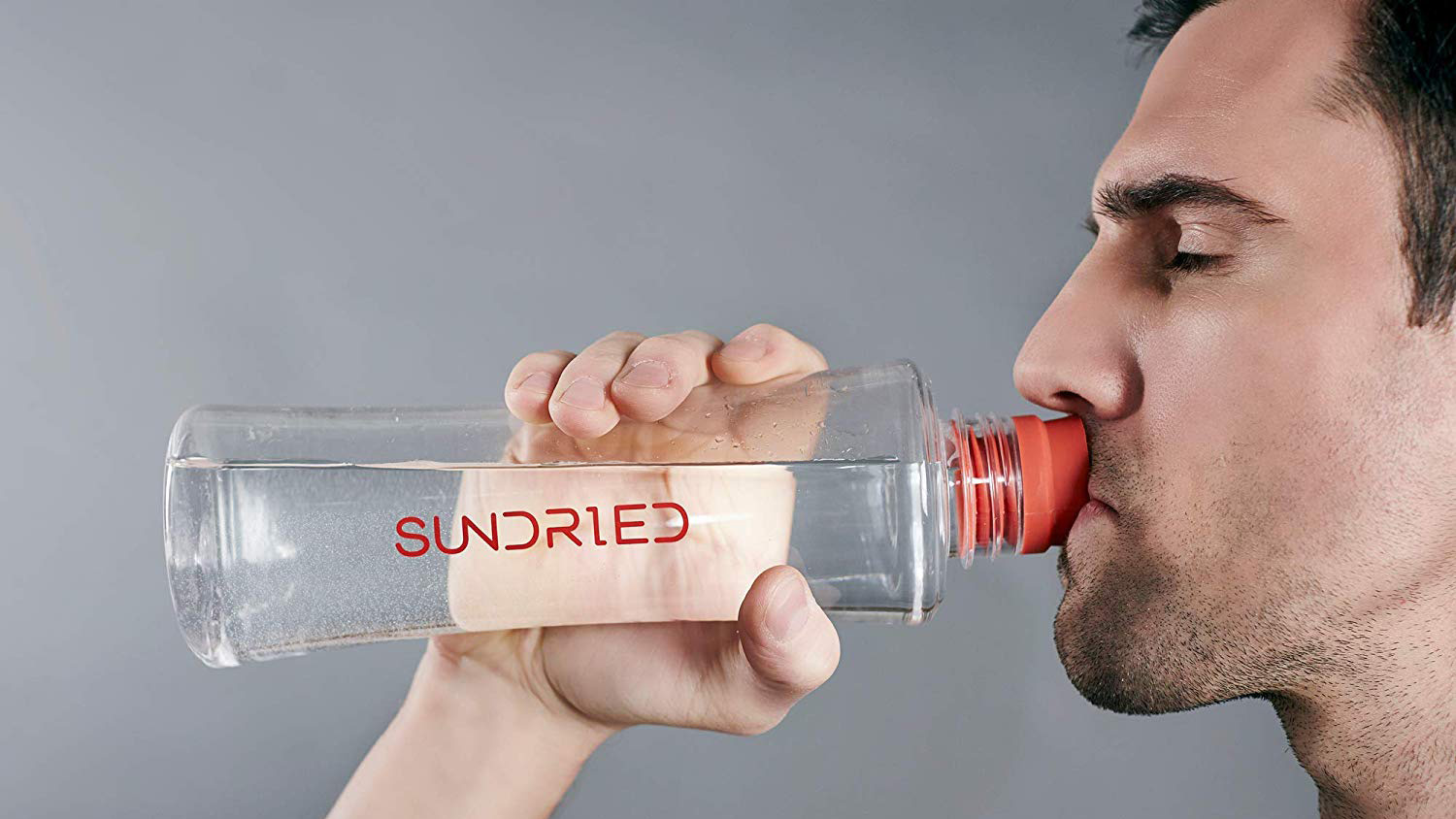
Tip #4: drink plenty of water
Drinking more water is beneficial for a lot of reasons and now that we are all grounded in our homes, people can't really use the usual excuse not to drink more, which is "I'll need to go to the toilet more often", since the loo is really always available at home (we hope so anyway).
Drinking plenty of water can help metabolism and, most importantly, it can also help you feel fuller for longer. The best combination is eating more fibrous food – more vegetables, mainly –and drinking plenty of water. Cold-pressed bars are okay as a snack too with lots of water, although they are by nature quite high in sugar.
Low-sugar protein bars and savoury snacks like beef or vegan jerky are a great alternative to chocolate bars as a mid-afternoon snack. Nuts are okay although they are very energy dense (high in good fats) so you should only eat a small portion at the time.
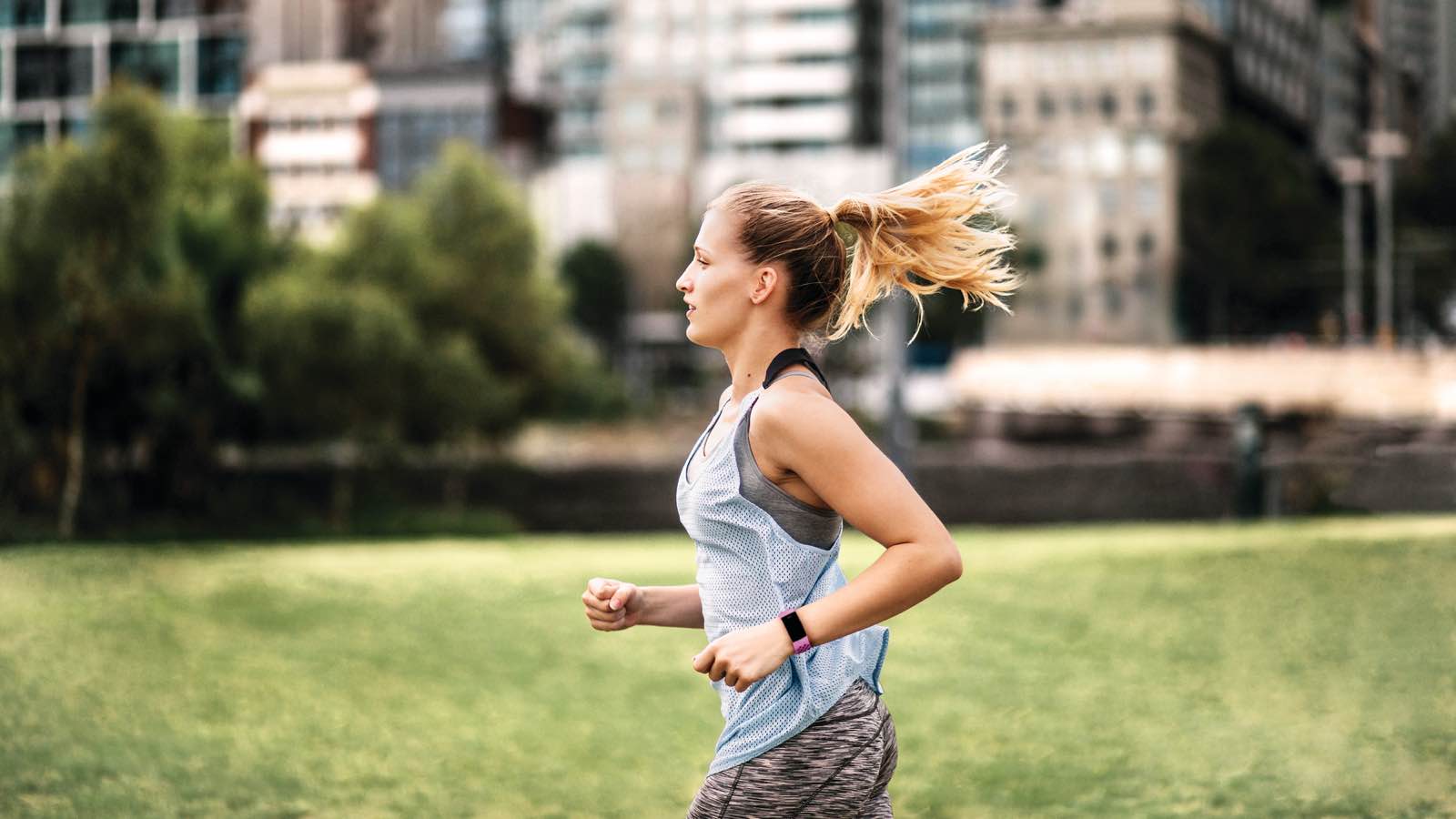
Tip #5: use a fitness tracker
Although we are stuck indoors, having a fitness tracker or running watch around your wrist can still be beneficial. One of the more casual feature of these fitness wearables is the 'movement reminder' that prompts you, once every hour, to get up and walk for a bit. Now, being in isolation doesn't help but getting off from the sofa periodically can be beneficial for your overall wellbeing nevertheless, even if it is just to have a stretch or to put away some washing.
Fitness trackers and running watches also measure calories burned so you it can adjust your calorie consumption to your calorie expenditure. These devices are not ultra precise but they will give you a good estimate nevertheless.
Fitbit Versa 2 | Sale price £155.03 | Was £199.99 | Save £44.96 at Amazon
The Fitbit Versa 2 is always getting price cuts and is currently £40 off at Amazon UK. See below for the best prices in your country. The stylish Versa 2 features advanced cardio tracking as well as step and sleep tracking, and has Alexa built in. It's not got GPS but, of course, you don't need that indoors anyway…
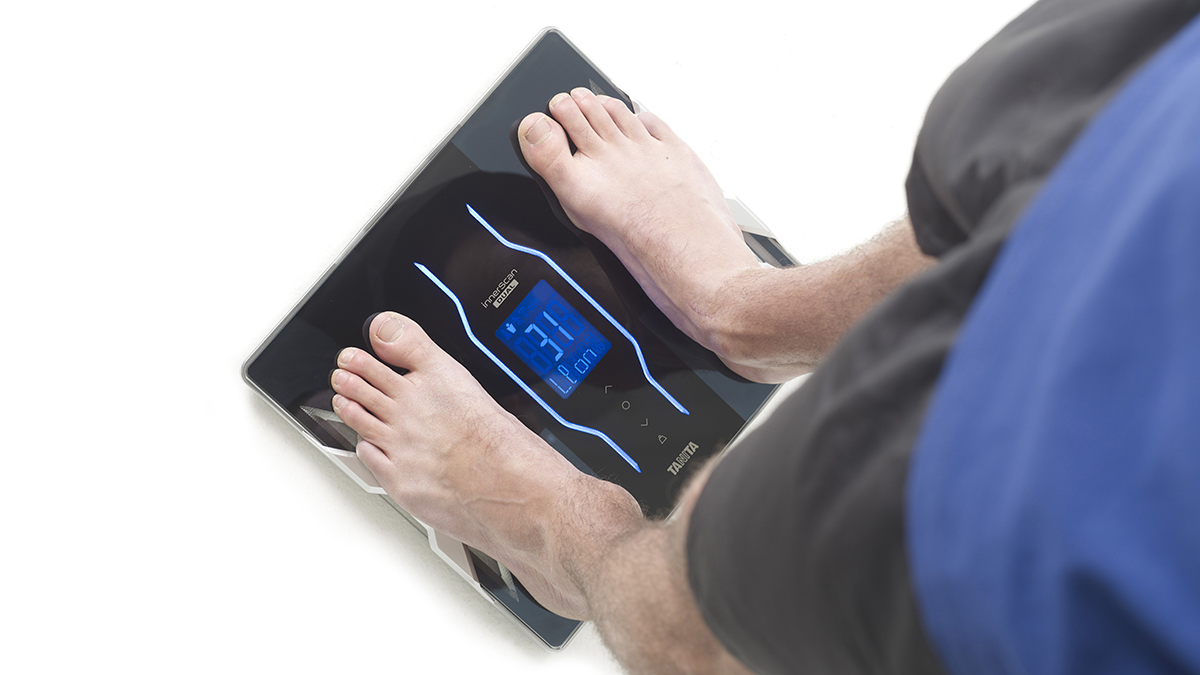
Tip #6: get a smart scale
Just like fitness trackers, bathroom scales – the smart scale variety – can also measure energy expenditure and tell you how many calories you burn, as well as other deets about your body, like bone/muscle mass and, most importantly, body fat percentage.
They don't even cost the earth either: the Tanita BC-401 body composition monitor is less than £80 and measures 10 different body metrics. Cheaper than getting a Garmin Fenix 6 Pro, for sure, although the Tanita BC-401 won't be that much of a help when it comes to navigating forest trails, unlike the Garmin's offline topographic maps.
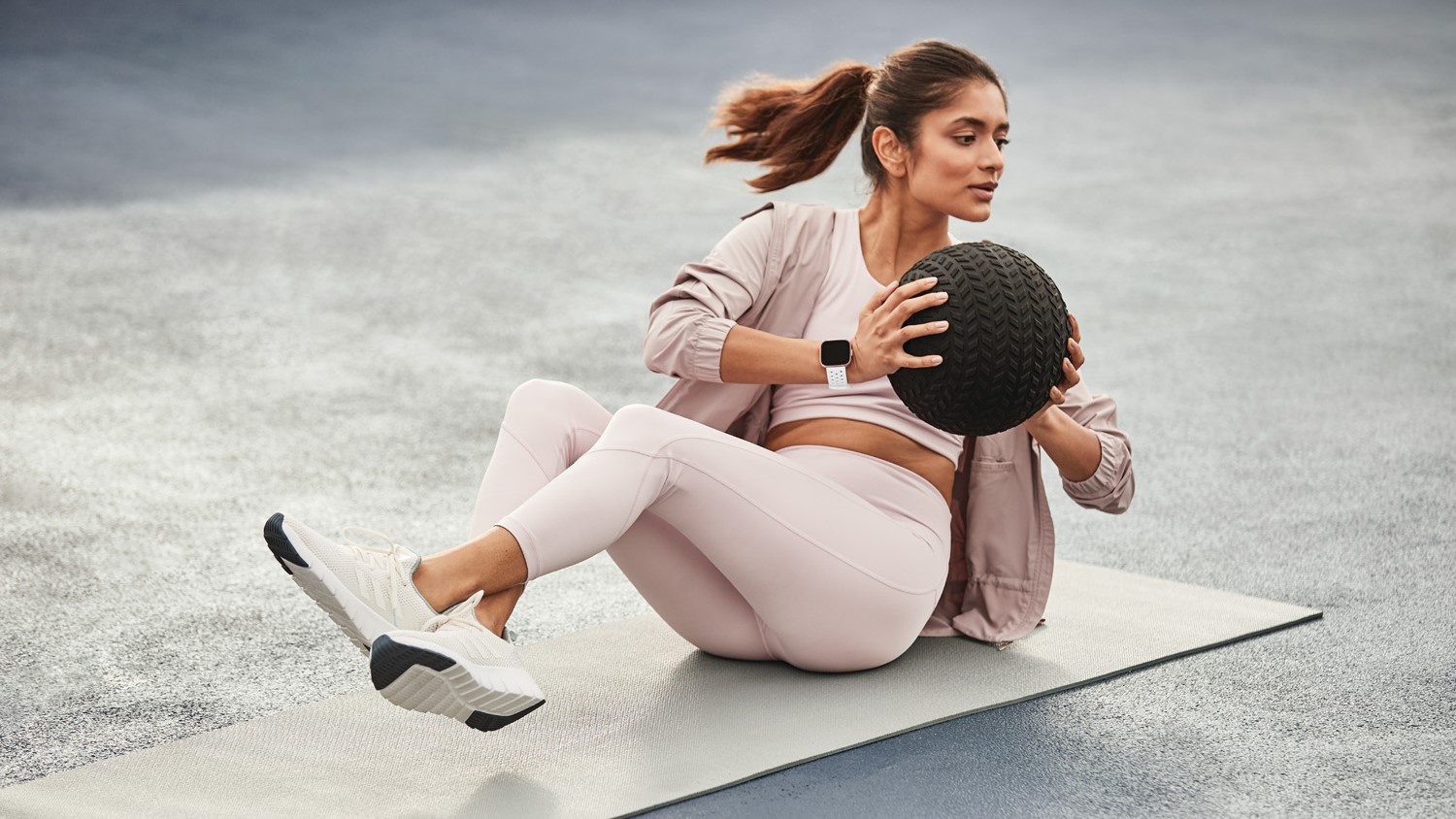
Tip #7: do HIIT workouts
HIIT workouts have never really gone out of fashion but they are definitely 'in' at the moment, mainly because they are an effective way to burn calories and can be done indoors, using your bodyweight only, a kettlebell, dumbbells, treadmills, exercise bikes, rowing machines and basically everything you can think off. We have seen a gym water bottle tabata workout before, too.
Should you be considering doing HIIT workouts, we have an article about why should you try HIIT and there is also the Trion app that can generate over a billion different workouts to try at home. And, of course, you can try to follow along the Mike Tyson bodyweight workout, although that certainly won't be a walk in the park.
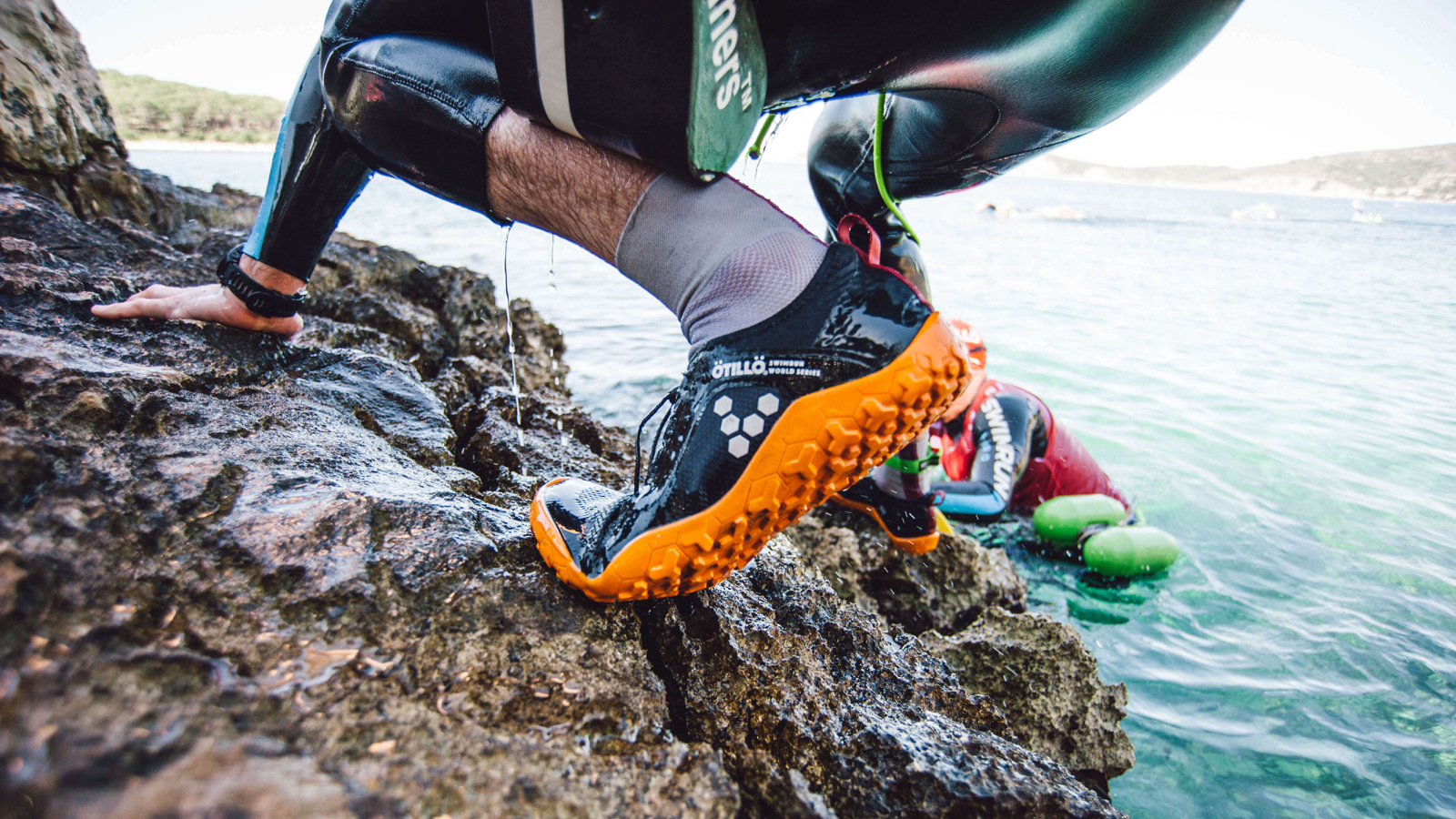
Tip #8: challenge yourself
Best way to motivate yourself to move more and therefore to burn more calories more efficiently is set up a challenge for yourself. Although you can't leave the house for leisure activities but you still have plenty of options. How about a 30-day push up challenge? Start with doing one on day one and adding one more every day and see if you can keep up with the pace.
Have you got a pull up bar? How about learning how to do pull ups properly? Or mastering chin ups. Don't know what the difference is? Here is a handy article on the subject: chin up vs pull up – which one is better for you? If you have an ab wheel knocking about somewhere in the house, you can challenge yourself to actually learn how to use roller properly.
Maybe you can improve your mobility? Improving hamstring flexibility can be quite challenging for some but being more flexible can improve your general comfort levels significantly. Shoulder mobility is also a massive issue among the adult population: get some resistance bands and do two-arm shoulder circles.
How about making your feet more flexible? Having flexible toes can improve balance and alleviate some back problems too. There is an excellent article on the subject at Vivobarefoot: engage your feet with a spot of toega (as in toe-yoga). While you are at it, get a pair of their shoes too, they are light and super responsive too.

Matt Kollat is a journalist and content creator who works for T3.com and its magazine counterpart as an Active Editor. His areas of expertise include wearables, drones, fitness equipment, nutrition and outdoor gear. He joined T3 in 2019. His byline appears in several publications, including Techradar and Fit&Well, and more. Matt also collaborated with other content creators (e.g. Garage Gym Reviews) and judged many awards, such as the European Specialist Sports Nutrition Alliance's ESSNawards. When he isn't working out, running or cycling, you'll find him roaming the countryside and trying out new podcasting and content creation equipment.
